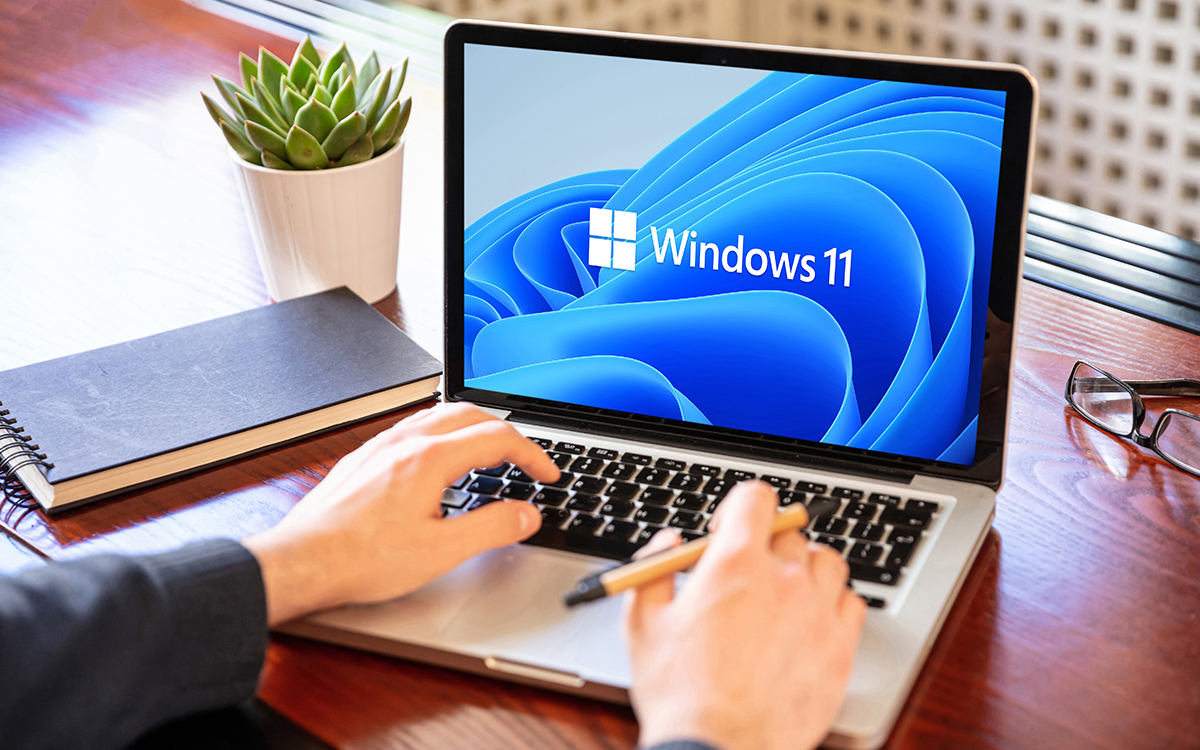Microsoft has just announced a significant advancement for apps based on the Windows App SDK, promising significantly improved performance on Windows 11.

Good news for Windows 11 users, your apps are about to get a little faster. According to early testing by Microsoft, the improvements that are currently being developed are impressive. Microsoft announces up to 50% reduction in loading time and up to eight times smaller application package sizes.
These numbers are certainly promising, but it is important to note that results may vary and that Users will only notice the difference when Microsoft or other developers update their apps.
Read also – Windows 11: the light version now weighs only 100 MB thanks to this technique
How did Microsoft manage to improve its applications?
According to Microsoft, the core of this improvement is the introduction of “Native AOT” (Ahead-Of-Time) support in the Windows App SDK. This compilation technology allows applications to be optimized as soon as they are created, resulting in faster startup and reduced memory consumption.
The announcement comes after widespread criticism of the slowness of some modern apps in Windows 11, such as Photos or Phone Link. These apps, built with the Windows App SDK, often suffered from excessive launch times and choppy animations, especially when interacting with interface elements.
Microsoft has also made other changes to improve performance. The company no longer bundles the Edge WebView2 SDK into the Windows App SDK, but instead uses NuGet to access it when needed. This approach helps further reduce the size of apps.
As always, developers, including Microsoft, will need to update their apps to take advantage of these new optimizations. However, as updates roll out, Users should see a noticeable improvement in performance, including reduced memory usage.
While these improvements are promising, it remains to be seen how they translate into the day-to-day use of Windows 11 apps. Developers will play a critical role in the adoption of these new technologies, and their implementation will determine the true magnitude of the performance improvements for end users. It’s unclear when core Windows 11 apps will see these changes.